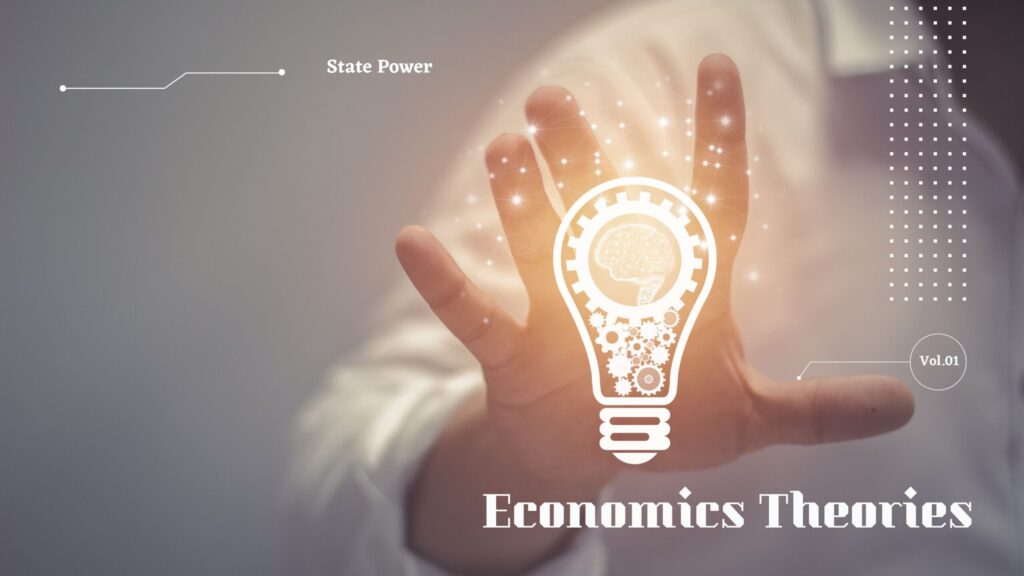Theories are the functional building blocks of any approach, framework, and model. They are derived from careful understanding, analysis and testing of observable & perceived phenomena and developed through careful & objective scrutiny. Whether you dwell in the natural, applied, or social sciences, theories remain the foundation of a learner’s ideas and perspectives in a specific domain.
Economics harbors an intricately intertwined jungle of theories. They stem from myriad schools of thought that have investigated & analyzed every aspect of economics at every scale and from every angle. For students of the discipline, however, it is nigh impractical and unfeasible to learn every theoretical perspective indiscriminately. A careful and pragmatic approach to exploring the most pertinent perspectives is essential, and that’s what this article aims to advance.
This article comes to you from the economics subject matter experts of MyAssignmentHelp.com, one of the USA’s largest assignment and economics essay writing services. It lists the most important theories one must understand.

The Most Crucial Concepts in Economics
- Supply and Demand
This is one of the most fundamental concepts in the discipline. Supply and demand are linked minutely to one another, and a basic definition of the theory can be given as →
If the supply of a commodity exceeds its demand, then its price falls until an equilibrium between supply & demand is achieved. Inversely, if its demand exceeds supply, prices will rise. Low supply and high demand encapsulate the essence of another fundamental idea in economics – scarcity.
Understanding the theory of supply and demand is fundamental to understanding how economic systems work.
- Elasticity
Elasticity or elasticity of demand is a key variation of the concept of demand. It defines how the price of a commodity influences its market demand. Understanding market demand and elasticity is crucial to determining an accurate return on investment of any product or service.
Elastic demand is when the change in the price of a commodity affects its demand substantially. On the other hand, inelastic demand is where changes in pricing do not affect a product’s demand majorly.
- Willingness to Pay
The concept behind one’s willingness to pay aligns closely with the concepts underlying behavioral economics. It revolves around the maximum price a customer is willing to pay for a commodity. A customer’s willingness to pay is a major factor that affects the nature and features, the maximum retail price, and other key aspects of any product or service.
Willingness to pay is affected by both extrinsic and intrinsic factors. Age, gender, race, income and education level are prominent extrinsic influences. Intrinsic influences are much more intricate and related to the cognitive behavioral facets of every individual.
Want to find out more about the concept of willingness to pay? Here’s a great resource.
- Cognitive Biases
Cognitive biases affect thinking and decision-making drastically. How much we are willing to pay, what we think of a particular brand, our preference for one product over another, etc. – these are some examples of biases. Often, we fall under their sway and end up making decisions that defy logic and go against good judgment.
Behavioral economics studies the different kinds of psychological biases and how they influence decisions. For economists, marketers and product developers, understanding cognitive biases is important to determining how individuals & demographics think under specific circumstances and devise effective strategies to influence their thinking.
The above points highlight four fundamental ideas/concepts that every economics student must master. Next up are quick overviews of two award-winning economic theories that broke new ground.
Two Groundbreaking Theories in Economics
The Public Choice Theory
James M. Buchanan Jr and Gordon Tullock’s public choice theory attempts to explain how and why public decisions are made. It explores the complex and inter-connected interactions between the voting public, politicians, governments, bureaucrats, and administrative powers.
The theory brings together ideas & insights from political science and behavioral economics to ascertain how public sector bodies make decisions. The theory highlights that →
- Public sector individuals behave primarily in the best interests of the public.
- Politicians, bureaucrats, and private sector actors are more inclined to act in self-interest.
Game Theory
Game theory is a mathematical framework that’s designed to ascertain decisions of and interactions among rational entities. In economics, game theory enables businesses and economists to develop robust strategies that take into consideration the influence of actions and interactions among entities. The theory provides a structured approach for analyzing and gathering insights into competitive behaviors, pricing tactics, negotiations, etc. and does so with optimal precision.
Developed by mathematician John von Neumann, stalwarts such as John Nash, Paul Milgrom, and Robert Wilson have won the Nobel Prize for theory contributions to the development of economic game theory.
And, that’s all the space we have for this article. Hope this was an interesting read for one & all. Economics is a vast and complex subject that demands diligent hard work and intellectual understanding & problem-solving. Put in the effort, and if you need some expert aid, connect with our essay help service right away.
